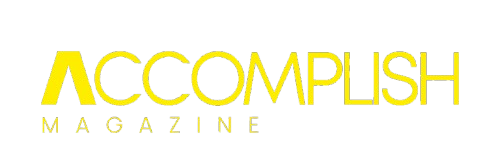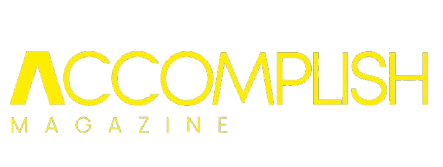AI in Hollywood: From Industry Threat to Oscar-Winning Technology
The rapid evolution of artificial intelligence in filmmaking, its impact on creative professionals, and what it means for the future of cinema
Key Takeaways:
- AI technology is increasingly being adopted in Hollywood productions despite recent industry strikes
- Oscar-winning films like “The Brutalist” have already incorporated AI for voice modulation
- Industry leaders are divided on whether AI will enhance creativity or replace jobs
- Copyright concerns remain at the forefront as tech companies and creators clash over AI training data
A new revolution is brewing in a historic soundstage once graced by silent film legends Charlie Chaplin and Mabel Normand. Hollywood executives, actors, and filmmakers recently gathered to witness what many call the most significant cinematic innovation since the introduction of sound: AI-generated video.
From Strike Lines to Oscar Winners: AI’s Rapid Hollywood Evolution
Just two years after actors and writers shut down Hollywood with strikes demanding protection from artificial intelligence, the technology is now making its way into mainstream productions. The transition has been swift and, for many, concerning. Two films honored at this year’s Academy Awards openly embraced AI technology in their production process.
“AI in Hollywood is inevitable,” says Bryn Mooser, co-founder of Moonvalley, which developed the AI generator tool Marey. The company distinguishes itself by paying filmmakers for footage used to train their AI models, creating what Mooser calls a “clean” product in an industry where data sourcing remains controversial.
“Artists should be at the table,” Mooser emphasizes, suggesting that filmmaker participation in AI development is preferable to being “rolled over by big tech companies.”
Copyright Concerns and Legal Battles in the AI Era
The integration of AI into filmmaking hasn’t been without significant pushback. Major tech companies, including OpenAI and Google, face lawsuits from creative professionals who allege their work was used without consent to train AI models.
“We’ve all fought very hard for copyright laws, and nobody wants to see their work stolen to have somebody else profit from it,” notes Mooser, highlighting the central tension between technological innovation and creative rights.
Writers have urged major studios like Paramount, Disney, and Universal—which hold valuable copyright portfolios—to take legal action, though none have filed lawsuits yet.
Academy Award-Winning AI Applications
Despite the controversy, AI has already made its mark on critically acclaimed cinema. “The Brutalist,” featuring Adrian Brody in his Academy Award-winning performance, used AI to fine-tune his Hungarian accent. Other films like “Emilia Perez” have incorporated the technology for voice alterations.
Beyond accent modification, AI has been employed to de-age actors like Tom Hanks and Harrison Ford, creating new possibilities for storytelling across periods.
The momentum of technology in Hollywood continues to grow. Marvel directors Joe and Anthony Russo have announced plans to invest $400 million in developing AI tools specifically for filmmakers. OpenAI recently hosted an AI film festival in Los Angeles, further cementing the technology’s presence in the industry.
Naeem Talukdar, co-founder of Moonvalley, emphasizes that AI should enhance rather than replace human creativity: “This technology is utterly meaningless without the artist at the center of it; the technology needs to be subservient to the artist ultimately.”
National Security vs. Creative Rights
As Hollywood explores AI integration, a larger policy battle is brewing. Tech companies argue they need access to copyrighted material—from Mickey Mouse to The Matrix—to train their AI models, framing it as essential for U.S. competitiveness with China.
In response, over 400 Hollywood luminaries—including Ben Stiller, Sir Paul McCartney, Cate Blanchett, and Lilly Wachowski—signed an open letter to the Trump administration stating, “America’s global AI leadership must not come at the expense of our essential creative industries.”
Actors Fight for Protection in Gaming
The impact extends beyond traditional filmmaking into interactive entertainment. Voice actors recently picketed outside Disney Character Voices’ offices, protesting video game companies’ refusal to establish clear guidelines for AI use in games.
“Using actual actors is the key to a lot of the drama and enjoyment people get from video games,” actor DW McCann explained during the protest. “People have lived experiences that AI just can’t understand.”
Democratizing Filmmaking or Replacing Artists?
Proponents like Mooser see AI as a democratizing force that could allow independent filmmakers to create blockbuster-style epics on modest budgets, potentially discovering the next Quentin Tarantino or Martin Scorsese without major studio backing.
“We’re trying to say, technology will be in everything. Let’s make sure that we try to fight as hard as we can to ensure that it’s done correctly, and that big companies don’t run over artists,” Mooser concludes.
As Hollywood navigates this technological transformation, the question remains whether AI will serve as a tool for creative enhancement or a replacement for human artistry. The answer likely lies in how the industry implements these powerful new capabilities while protecting the livelihoods and rights of its creative workforce.



Leave a Reply